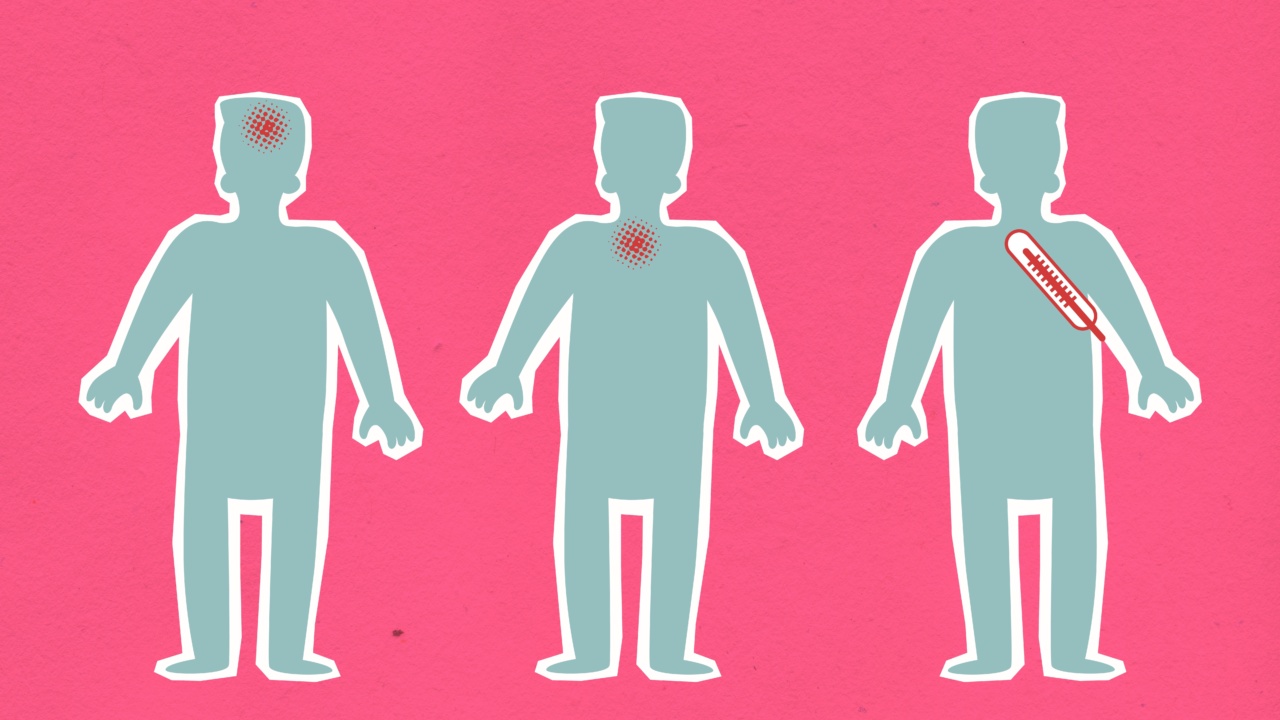A sore throat, also known as pharyngitis, is a common condition that can cause discomfort and difficulty swallowing. It is often a sign of an underlying infection or irritation.
While most sore throats are not serious and can be treated at home, there are certain symptoms and signs that indicate the need for a visit to your doctor. In this article, we will explore the causes, symptoms, and signs that warrant medical attention for a sore throat.
Causes of Sore Throat
There are several potential causes of a sore throat, including:.
1. Viral Infections: Viruses, such as the common cold or flu, are the most common cause of a sore throat. These infections usually resolve on their own within a week.
2. Bacterial Infections: Streptococcus bacteria, commonly referred to as strep throat, can also cause a sore throat. Unlike viral infections, bacterial infections may require antibiotics to prevent complications.
3. Allergies: Allergic reactions to pollen, pet dander, or certain foods can lead to a sore throat. Treating the underlying allergies can provide relief.
4. Environmental Factors: Dry air, smoking, or exposure to air pollutants can irritate the throat, leading to soreness and inflammation.
5. Acid Reflux: Gastroesophageal reflux disease (GERD) can cause stomach acid to flow back into the throat, resulting in a sore throat.
Symptoms of Sore Throat
Sore throat symptoms may vary depending on the underlying cause. Common symptoms include:.
1. Pain and Irritation: The primary symptom of a sore throat is pain or irritation in the throat, which may worsen when swallowing or talking.
2. Redness and Swelling: The throat may appear red and swollen, indicating inflammation.
3. Difficulty Swallowing: Swallowing may become painful and difficult due to the sore throat.
4. Hoarseness: A sore throat can cause hoarseness or a change in voice.
5. Coughing and Sneezing: Viral infections often accompany a sore throat, leading to coughing, sneezing, and nasal congestion.
6. Fever: In some cases, a sore throat may be accompanied by a fever, indicating an infection.
Signs that Indicate a Visit to Your Doctor
While most sore throats can be managed at home, there are certain signs that indicate the need for medical evaluation. If you experience any of the following, it is recommended to visit your doctor:.
1. Severe and Prolonged Symptoms: If your symptoms are severe, persistent, or do not improve after a few days of home care, seeking medical attention is important.
2. Difficulty Breathing: If a sore throat is accompanied by severe difficulty breathing or swallowing, it may indicate a more serious condition that requires immediate medical attention.
3. Ear Pain: If you are experiencing ear pain along with a sore throat, it could be a sign of an ear infection, which may require treatment with antibiotics.
4. Blood in Saliva or Phlegm: If you notice blood in your saliva or phlegm, it could be a sign of a more serious underlying condition that needs to be assessed by a healthcare professional.
5. Fever and Rash: If you have a sore throat accompanied by a fever and a rash, it may be a sign of a viral or bacterial infection that requires medical evaluation and treatment.
6. Tonsillar Swelling: If you have swelling or enlargement of the tonsils, it could indicate a bacterial infection or tonsillitis that requires medical attention.
7. Recurrent Sore Throats: If you frequently experience sore throats, especially if they are affecting your daily activities or quality of life, consulting with a doctor can help identify any underlying causes or provide appropriate treatment.
8. Difficulty Opening the Mouth: If you have difficulty opening your mouth fully or experience stiffness in the neck, it may indicate a more serious condition that requires medical assessment.
9. Sore Throat in a Child: If your child has a persistent sore throat accompanied by other symptoms such as difficulty breathing, refusal to eat or drink, or dehydration, seeking medical attention is vital.
10. Weakened Immune System: If you have a weakened immune system due to conditions such as HIV/AIDS or undergoing chemotherapy, a sore throat may require immediate medical evaluation as it can be a sign of a severe infection.
Conclusion
A sore throat can be caused by various factors, including viral or bacterial infections, allergies, environmental factors, or acid reflux.
While most sore throats can be managed at home, there are certain symptoms that indicate the need for medical evaluation. If you experience severe and prolonged symptoms, difficulty breathing or swallowing, blood in saliva or phlegm, recurring sore throats, or any other concerning signs, it is essential to visit your doctor.
Early detection and appropriate treatment can help alleviate discomfort and prevent complications associated with a sore throat.




























